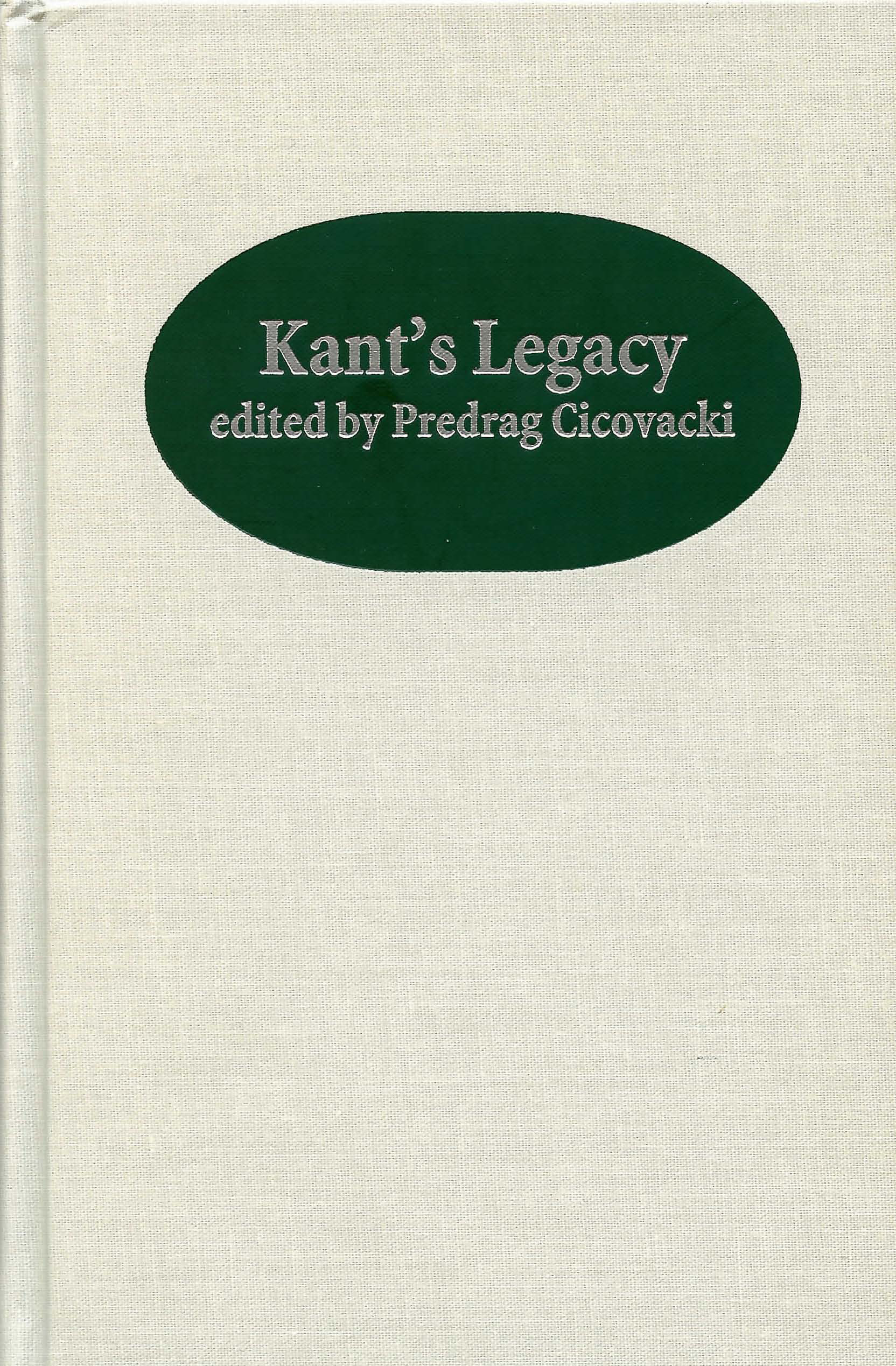Is Thinking Spontaneous?
Published online by Cambridge University Press: 22 March 2023
Summary
The English word “spontaneous” is derived from the Latin noun spons, which occurs almost exclusively in the ablative, sponte; Varro glosses the term as follows: id est voluntate. To act sponte sua is thus to act freely or voluntarily; and this is the sense of the first use of “spontaneous” cited in the Unabridged Oxford English Dictionary from Hobbes’ “Essay on Liberty,” written in the seventeenth century. But we also refer to an act as spontaneous to indicate that it was not prepared by antecedent deliberation or a conscious exercise of the will. In the first sense, spontaneity is obviously connected to autonomy; in the second sense, it is not. Spontaneous acts of the second sort are similar to nonhuman occurrences for which no natural cause can be assigned, or which are due to chance.
The relation between natural and spontaneous occurrences is complicated. An event like a fire can occur spontaneously in the sense that no one intended or consciously caused it, yet it remains in accord with natural laws. Even more complicated is what we mean by the expression “a spontaneous person.” Such a person no doubt acts easily and without considerable advance deliberation, but this is not in itself a proof of free will. Spontaneous acts may arise on the basis of extremely rapid processes of calculation, but this in itself does not distinguish them from the operations of computers.
If there is a difference between human beings and calculating machines, it must lie in a difference as well as a connection between spontaneity and autonomy. It is not the mere manifestation of laws that is spontaneous, but the freedom with which they are given. And freedom is a characteristic of human beings when it is associated with consciousness and intentionality. Differently stated, I will call behavior “spontaneous” if there is no rule for the application of rules that govern part or all of the behavior in question. Whether or not this is Kant’s official definition of spontaneity, it is certainly Kantian in spirit. Kantian or not, however, it is my contention that thinking is both spontaneous and autonomous. It is rule-governed but not algorithmic. I believe that this is a sound approach to the analysis of thinking, but I have some modifications to introduce into the Kantian formulation.
- Type
- Chapter
- Information
- Kant's LegacyEssays in Honor of Lewis White Beck, pp. 3 - 24Publisher: Boydell & BrewerPrint publication year: 2001
- 1
- Cited by



